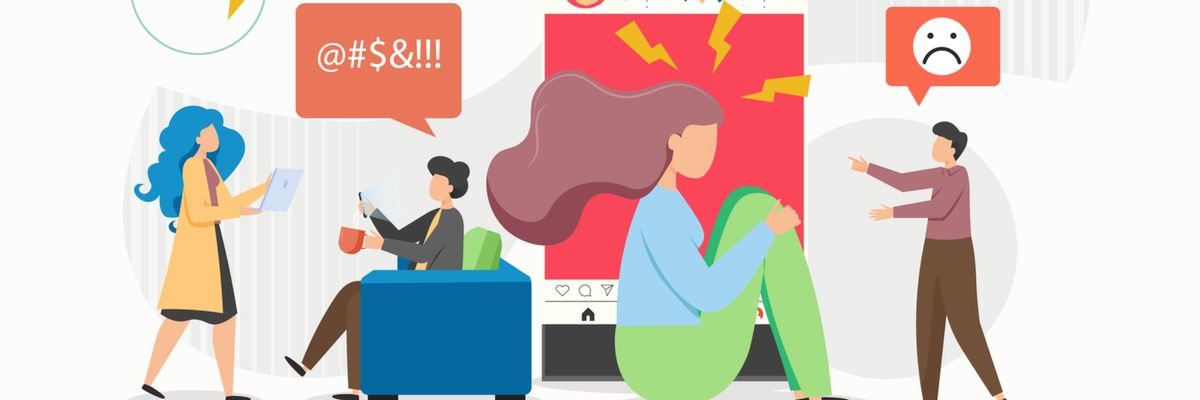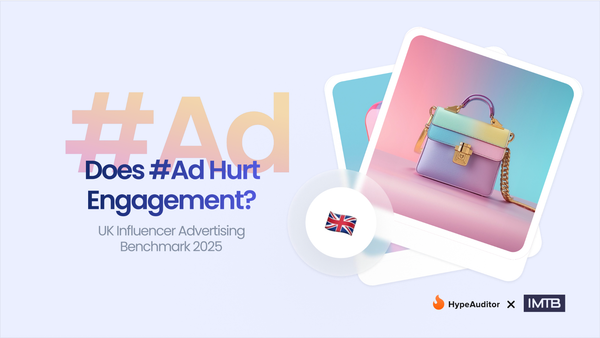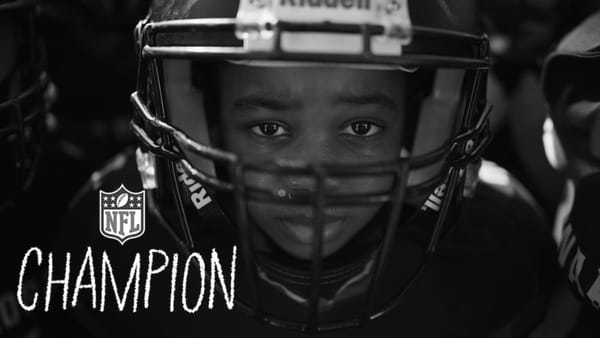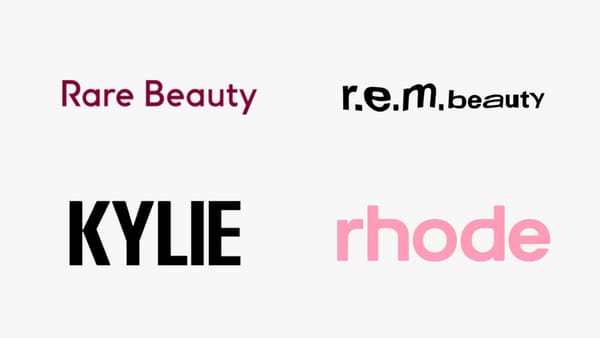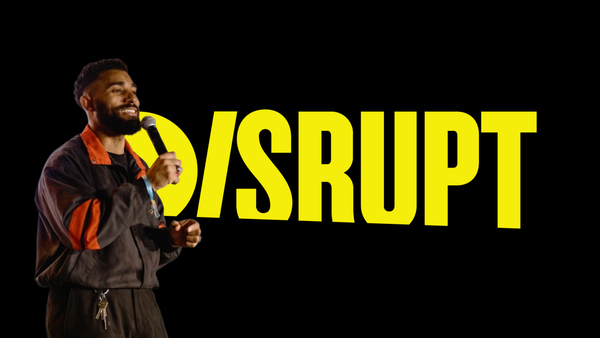During the latter part of Caroline’s career as a presenter for popular UK television shows such as the X-Factor and Love Island, she became a target for online trolls who would harass her about the stories and rumors that were shared about her in the media.
Caroline stood down from her position as Love Island presenter after being trialed following domestic abuse allegations just a few months before she died. Despite pleading not guilty, her friends and family reported that the negative media attention was more than Caroline could handle.
Although it cannot be determined what the exact reason was for Caroline taking her life, it is clear that social media trolls had a hugely negative impact on her life.
On 5th December 2019, just over two months before she passed away, Caroline shared a text post on Instagram which read: ‘In a world where you can be anything, be kind.’ The hashtag #BeKind took social media by storm after Caroline’s passing was reported on 15th February 2020.
The hashtag originally surfaced in 2017 when Lucy Alexander, a mother who lost her son to suicide, wanted to make a stand against online trolling. In the weeks following the tragic news, we saw an increase of social media users noting the importance of treating people with respect online to protect their mental health.
One year on – have we said goodbye to online trolling?
Despite the shock and sadness that was shown following the tragic loss of Caroline, the use of #BeKind has not put an end to online trolling. Throughout 2020 and into the beginning of 2021, we are still seeing regular reports of influencers and celebrities facing abuse online.
After being a member of the extremely successful UK girl band Little Mix for just shy of a decade, Jesy Nelson announced at the end of 2020 that she would be leaving the band. In the Instagram post where Jesy announced stepping away from the band, she said: ‘The truth is recently being in the band has really taken a toll on my mental health. I find the constant pressure of being in a girl group and living up to expectations very hard.’
Jesy, who rose to fame after starring on X-Factor, the show that Caroline Flack presented, faced bullying and online ridicule from the beginning of her career. In 2019, she released a documentary titled ‘Odd One Out’ in which she discussed the effect that social media trolls had on mental health and body image, she revealed she attempted to take her life in 2013 when she felt like she could no longer cope.
The decision that Jesy made to leave Little Mix in December 2020 followed the passing of Caroline Flack earlier that year. There is a possibility this tragic news acted as a driving force for Jesy to step away from the limelight to prevent damaging her mental health further, protecting herself from the sadly inevitable online judgment that comes with being a famous and influential figure.
Not so glitz and glam
Unfortunately, it is not just a-list celebrities who are facing online abuse, but smaller online communities such as lifestyle influencers are also facing similar attacks. Just last month, influencer Mrs. Hinch (Sophie Hinchliffe) shared with her Instagram followers how she continues to face daily comments from trolls who are not just targeting her, but her son, who is just a toddler.
Currently pregnant with her second child, Mrs. Hinch posted photos to her Instagram story of potential wallpaper choices for the baby’s nursery, within moments she had received a message reading, ‘excuse me your wallpaper taste is disgusting’. She found this comment unnecessary but laughed it off, as this comment was minor compared to the death threats that the influencer is not a stranger to.
Mrs. Hinch has admitted that the abuse she receives online from trolls has led to her being prescribed medication for depression and anxiety, after experiencing anxiety attacks which she said have made her feel like she was physically dying.
A brighter future
It is clear that despite preaching #BeKind, a select amount of social media users are unable to step away from trolling celebrities and influencers online, often just for living their day-to-day lives. At present, internet trolling is not considered a chargeable criminal offence. Perhaps as we see more action taken, we will see the introduction of laws regarding internet trolling.
For example, the ‘Harvey’s Law’ campaign has been launched by model, Katie Price, as a plea to make online abuse illegal after watching her son Harvey become a subject to hateful comments on social media.
We have seen firsthand how online trolling can lead to the targets reaching the lowest point possible. Protecting the mental health of those with an online presence becomes increasingly important as the title of ‘influencer’ as a job rises in popularity. Recognising online personas as real people who should be treated with kindness and respect is paramount.


